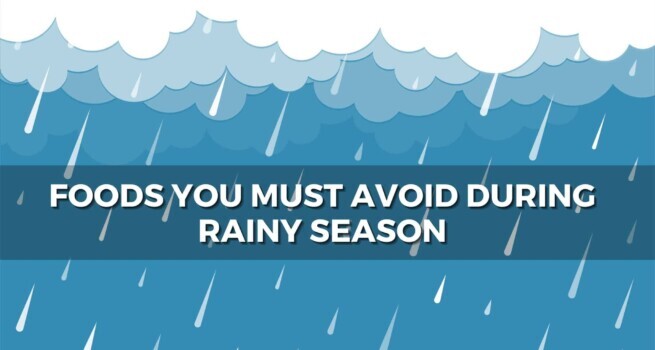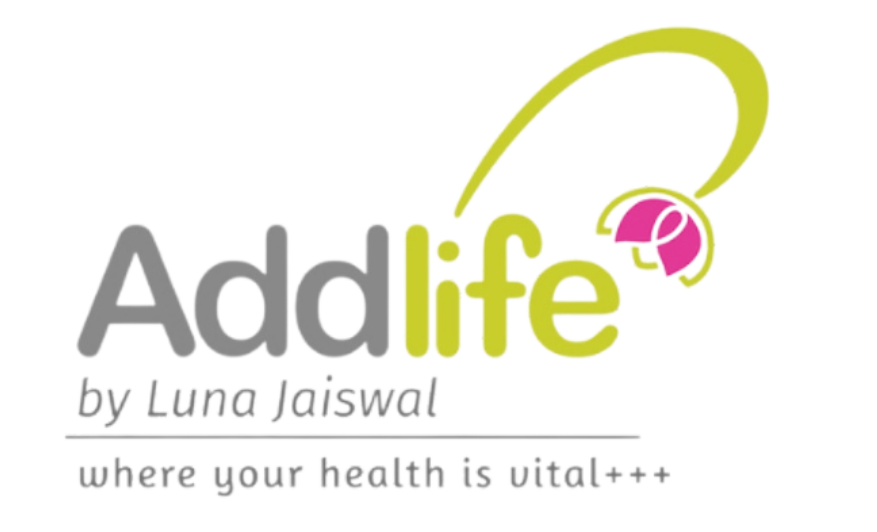
Seasons play a predominant role in defining our digestion and metabolism. It has long been accepted by Ayurveda and has also been proven through many clinical studies. When we talk about the monsoon diet, this concept of “seasons affecting our gut” is of great importance.
According to Ayurveda, when the Aadaan Kaal or northern solstice ends and Visarga Kaal or southern solstice begins, i.e. the onset of monsoon season, the strength of the body becomes very low, and the digestion gets slowed down. This is the season when you are most prone to getting diseases and allergies. You may face many gastrointestinal problems like gas, acidity, bloating, nausea, abdominal pain, cramping, constipation, gastritis, etc.
Now the question is, how do you avoid being affected by this season? How do you enhance your digestive powers and prevent these diseases? The answer is quite simple: avoid foods that can make you fall sick.
So, are you ready to see what these foods are?
Foods and Vegetables To Avoid in Monsoon
- Raw Foods and Salads
There is a list of reasons to avoid raw foods and salad in the monsoon diet. To start with, cooked and warm food are easier to digest as compared to raw foods. And since your digestive system is already weak during monsoons, cooked food is a better bet.
Second, bacterial and viral infections are at their peak during the rainy season. Cooking helps remove these bacteria and makes your veggies safe for consumption.
Lastly, according to Ayurveda, raw foods are drying in nature and can aggravate Vata Dosha, which is already aggravated during monsoon season.
Addlife Tip: Do not saute food in the rainy season. Always, cook your food well.
- Sprouts
Sprouts during the rainy season are packed with harmful pathogens that can cause serious health problems. Moreover, the excess moisture interferes with the germination process and causes the sprouts to wither overnight. It can lead to gastritis and many other digestive issues. So, we at Addlife always suggest avoiding sprouts in your monsoon diet.
- Curd
Curd increases the chances of allergies or infections in monsoons. It can also aggravate gastrointestinal problems in people with weak digestive systems. Even Ayurveda suggests not eating curd during this season.
However, if you still wish to eat curd, you may eat homemade well-set curd. It’s better to avoid eating it regularly though.
But you must understand that when it comes to curd, it depends from person to person. If it suits you, then it is good for you. Otherwise, avoid it.
Addlife Tip: Mattha or buttermilk is a healthier alternative to curd. But don’t forget to temper it with some mustard seeds (rai) and curry patta and add some kala namak and jeera powder to boost digestion.
- Leafy Vegetables
Yes, we know that leafy vegetables are one of the healthiest foods to include in your diet. But, not in monsoons.
During monsoon season, excess moisture in the air makes these leafy vegetables a breeding ground for bacteria and harmful microorganisms. Now, as monsoons already affect our digestive and immune systems, we certainly do not want to tamper with them anymore. Including these contaminated veggies in your monsoon diet can slow down digestion and cause infections.
Addlife Tip: If you still want to eat leafy veggies during monsoons, then make it a point to blanch them in hot water and cook with ghee and spices. Also, always prefer seasonal veggies like Nari ka Saag.
- Seafood
Avoid eating seafood during monsoons. This season is the breeding time for the fish, and the seafood you find in the market may not be fresh. It could also be sprayed with preservatives that are extremely harmful to your body.

